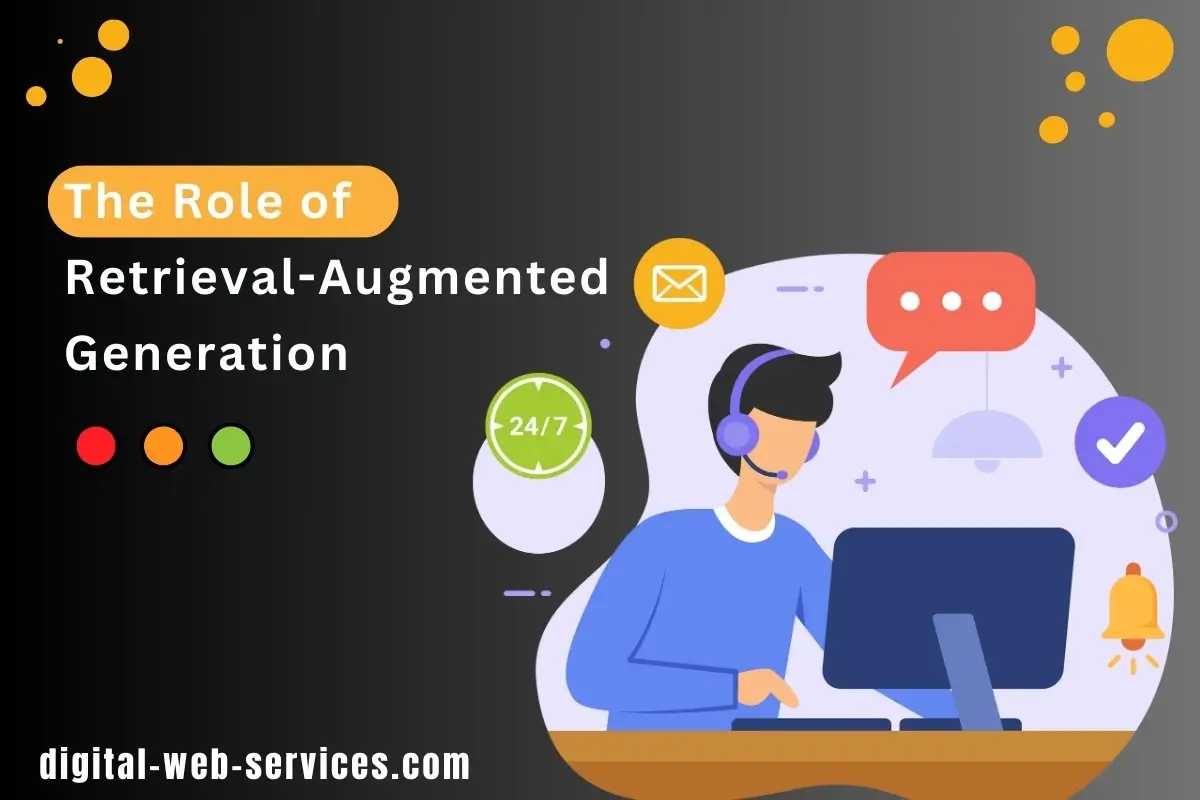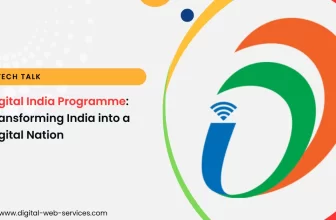
Within the customer experience (CX) area, businesses are using more and more advanced technologies for comprehending their customers and meeting their needs. Retrieval-augmented generation (RAG) is a significant step in this direction, combining information retrieval with natural language generation. This method shows great potential because it enables systems to get important details from large amounts of data and produce reactions that are accurate as well as contextually complete.
A business’s capacity to provide such services is vital, as 81% of customers say they would pay extra for better customer service. This underlines how crucial it is to have personalized and effective interactions with each customer in order to encourage satisfaction and loyalty among them. RAG improves the efficiency of operations, but it also has a central role in providing top-level experiences for customers that they expect more often.
The article discusses RAG’s influence on customer interactions, customization, and satisfaction.
Understanding Retrieval-Augmented Generation
First things first, retrieval augmented generation is a combination of two important services: retrieval and generation. Initially, it looks for specific details in databases or documents. After that, the information found helps in generating logical responses. Compared to regular methods that use fixed answers or limited sets of data, RAG uses models from machine learning to get and add recent information dynamically.
This ability makes systems provide more accurate answers while also being reactive to the particular questions and tastes of customers in real-time interactions. When diverse information is combined by RAG, it can improve its capability for personalized responses which helps increase the overall satisfaction of clients as well as promote deeper engagement. This double-action feature puts RAG in a powerful role as a technology that transforms customer experience across different areas.
Applications in Customer Experience
In the area of customer experience, RAG’s involvement also transforms automation in customer service. With its connection to large databases that include information about customers’ past inquiries, purchasing histories and market changes, RAG-equipped systems make interactions more efficient by suggesting personalized recommendations or replies. This automation is very important in situations where fast use of previous inquiries helps create customized responses, making sure there’s uniformity and effectiveness when solving issues.
Furthermore, in e-commerce situations, for example, RAG improves automated item suggestions by looking into customer likes and browsing habits. This helps to increase sales and customer satisfaction. The smooth combination of RAG not only makes work more efficient but also enhances customer interaction by providing assistance and useful information at the right time which strengthens positive experiences for customers.
Enhancing Personalization and Engagement
One main benefit of RAG is that it can make personalization better by combining details from many places like customer profiles and behavioral data. This means RAG systems can create answers that are very specific to individual likings and needs, increasing engagement and satisfaction. By showing a detailed comprehension of every customer’s experience and particular demands, RAG improves not just the significance of interactions but also builds up customer loyalty over time.
This method is important for building better relationships between businesses and their customers. When customers have a personal connection with the business, they are more likely to stay loyal if they feel understood or appreciated by it. Such an effort can lead to improved business retention rates and long-term customer value. In the end, using RAG in customer service and e-commerce settings improves how things are done and provides customers with a more personal experience with interactions that are meaningful and related to their needs.
Future Outlook and Integration
In the future, the use of RAG in customer experience plans is expected to increase rapidly with improvements in AI technology. As RAG systems get better, they are prepared for more complex connections and understanding thanks to their ability to use big data resources. Beyond customer service, RAGs can also have many applications in different areas like content creation where it can generate personalized content by analyzing data at that moment, and marketing campaigns, where it can optimize messaging for target audiences with precision.
Yet, as we look forward to these advancements, the importance of ethical aspects cannot be overlooked. Matters related to data privacy and algorithmic clarity need attention to ensure responsible use and keep the trust of consumers intact. With RAG spreading further into business operations, moral instructions and regulatory structures must guide its inclusion. When these concerns are dealt with beforehand, businesses can harness the full potential of RAG while upholding ethical standards, thereby fostering a climate of trust and reliability in customer interactions and beyond.
The Bottom Line
It’s probably safe to say that the concept of retrieval-augmented generation is changing how businesses view customer experience. Using both information retrieval and natural language generation, RAG makes it possible for organizations to provide tailored interactions that are specific and useful in enhancing client contentment as well as loyalty.
Moreover, as technology progresses, so will RAG’s influence on future methods of customer service. This offers businesses new prospects to invent and make themselves unique in a market environment that is constantly competitive. Implementing RAG into business operations is not only about improving how things run but also showing dedication to focus on the customer. This method sets the path for more significant and effective connections in our present digital era.
Digital Web Services (DWS) is a leading IT company specializing in Software Development, Web Application Development, Website Designing, and Digital Marketing. Here are providing all kinds of services and solutions for the digital transformation of any business and website.










